SUMMARY
This is AI generated summarization, which may have errors. For context, always refer to the full article.
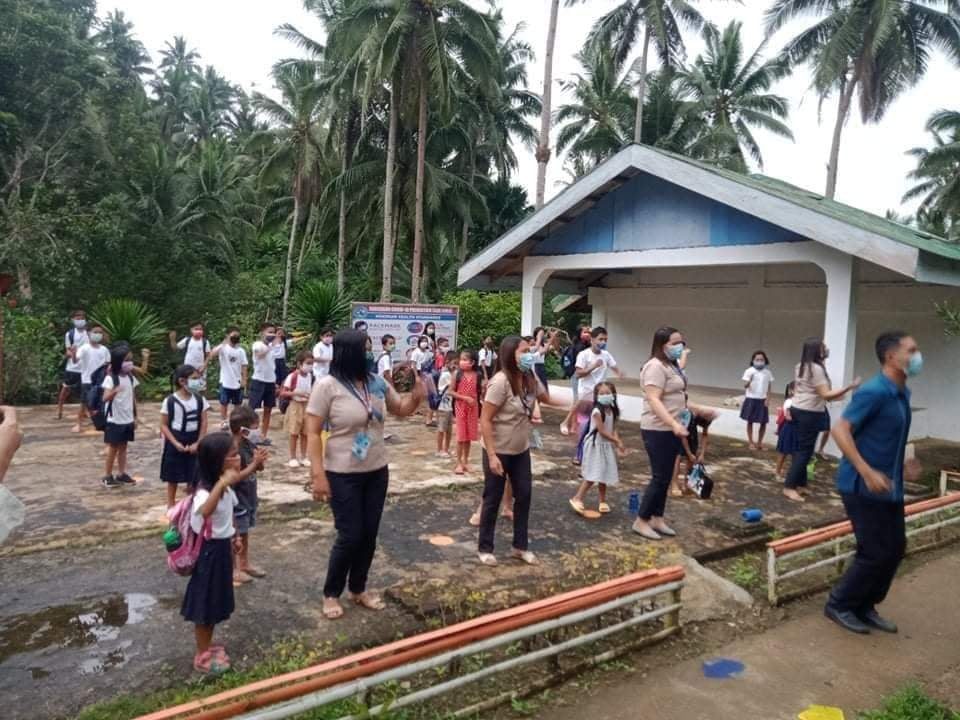
LEGAZPI CITY, Philippines – The Department of Education in Bicol on Tuesday, March 1, has approved the implementation of face-to-face classes beginning this month for 1,029 public and private schools across the region.
Gilbert Sadsad, DepEd Bicol director, said the regional office allowed 986 public schools and 43 private schools to join the expansion of the limited face-to-face schooling after the Regional Management Committee met on February 24.
Among the six provinces of Bicol, Camarines Sur has the largest number of participating schools with 366; followed by Camarines Norte with 258 schools, Masbate with 156 schools, Catanduanes with 87 schools, Sorsogon with 44 schools and Albay with 4 schools.
For city school divisions, Sorsogon City has 39 schools, Ligao City has 15 schools, Masbate City, 11 schools, and Naga City, three schools.
The DepEd Bicol has also approved the request of 43 private schools in the region to adopt and implement limited face-to-face schooling.
Eighteen of these schools are in Camarines Norte, eight schools in Sorsogon City, seven schools in Camarines Sur, seven in Catanduanes, three in Masbate province, two from Ligao City, and one each from Masbate City and Naga City.
Requirements
Sadsad said that all expansion schools have passed the School Safety Assessment Test or SSAT and complied with the DepEd central office’s Interim Guidelines on the Expansion of Limited Face-to-Face Classes.
Expansion schools also obtained their local government unit’s approval and acquired written consent from parents or guardians of student participants, Sadsad added.
They also coordinated with their barangays for collaborative implementation of onsite learning, he said.
Under the progressive expansion phase, schools are given flexibility in contact time for teaching and learning, provided that meals are not taken in school, except during managed recess.
Sadsad said that some teachers have already conducted dry runs and orientation and meetings with parents, local government units and other stakeholders on the dynamics and interplay between distance learning and face-to-face classes.
Other schools also conducted Brigada Eskwela to prepare the school facilities for the safe re-opening of classes.
Sadsad said that the number of schools could possibly increase as there are schools currently under SSAT validation by the Department of Health. – Rappler.com
Add a comment
How does this make you feel?
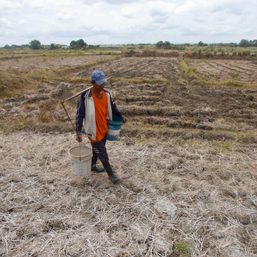
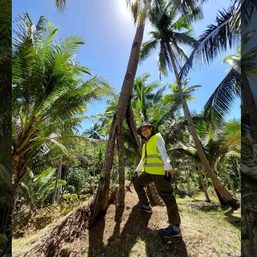
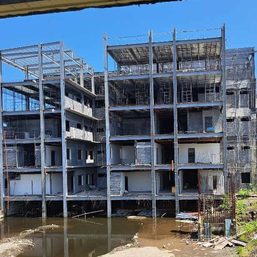
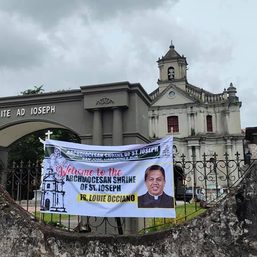

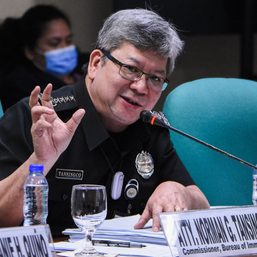

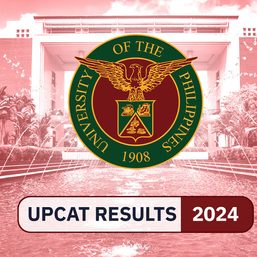
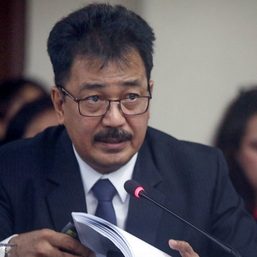
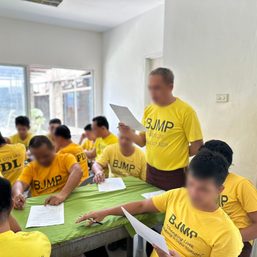
There are no comments yet. Add your comment to start the conversation.